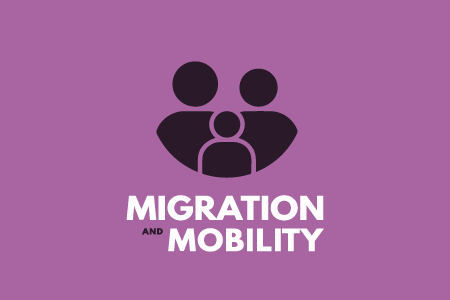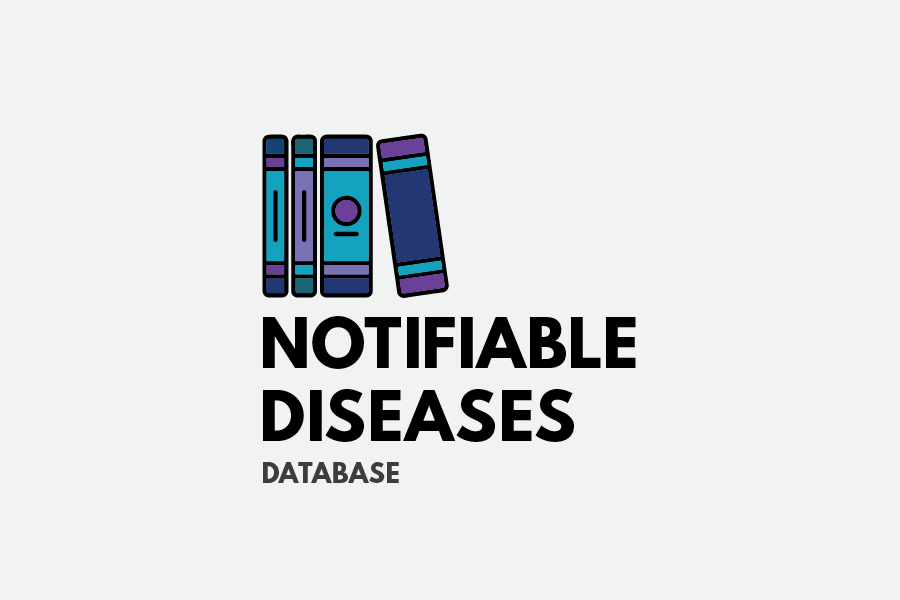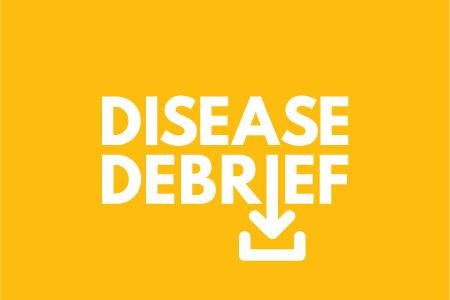
We help public health practitioners find, understand and use infectious disease research and evidence.
News
Vaccine Safety Surveillance in Canada: Opportunities for Equity
This NCCID-CAIRE webinar will feature experts from Canada who discuss different approaches to vaccine safety surveillance currently used in Canada. Speakers will discuss the strengths and limitations of these systems through an equity lens, and explore ways to address current challenges in this regard.
Anishinaabekwe G’wii M’no Bimaadzimi (Indigenous women will live well): Exploring connections between colonization, homelessness, public health and Indigenous women’s health
This presentation will outline the Anishinaabe understanding of M’no bimaadziwin. Anishinaabe is the word in our language to name ourselves. M’no bimaadziwin is the concept of living well.
PHAC Wastewater Monitoring Program for COVID-19
Wastewater has already been used to show early detection of COVID-19 in some Canadian jurisdictions prior to an increase of clinically diagnosed cases. As COVID-19 can be characterized by symptomatic and asymptomatic infection, it is important to identify the presence of undiagnosed cases to minimize the likelihood of outbreaks.
Antimicrobial Stewardship in Acute Care – What CAN be done?
Join us for an engaging panel discussion on opportunities for AMS in acute care. Panelists tackle questions like: What can be done to start or sustain AMS? What can be done, even with limited resources? This event is suitable for multi-disciplinary stewardship team members, including physicians, pharmacists, nurses, and IPC professionals.
mpox: What’s next for Canadian public health?
This webinar discusses the current situation of the multi-country mpox outbreaks and the potential implications for Canadian public health.
Adapting and supporting equitable access to primary health and social services for people experiencing homelessness
This webinar describes the features of primary care models in non-traditional settings that may improve accessibility and appropriateness of care for people experiencing homelessness.
NCCID News + Alerts
NCCID News and Alerts are your way to stay connected with all NCCID has to offer – current, peer-reviewed expertise and evidence on infectious diseases public health in Canada.

Surveillance Advances Seminar Series
The Surveillance Advances Seminar Series will focus on topics defining the future of public health surveillance and emerging issues and perspectives in surveillance. This seminar series will introduce public health surveillance concepts and principles with discussions of specific topics in epidemiology, public health, and health equity.
Watch previously recorded Surveillance Advances seminars on YouTube
Project Streams
Emerging Diseases and Outbreaks
The aim of this project stream at NCCID is to provide the most recent information available on emerging infectious diseases (EIDs): an EID is an infectious disease that has appeared in a population for the first time, or that may have existed previously but is rapidly increasing in incidence or geographic range. Outbreaks are the occurrence of disease cases in excess of what would normally be expected for a community, geographical area or season.
Tuberculosis
Despite its low prevalence in Canada, tuberculosis (TB) remains a public health challenge in this country. Overall incidence rates of active TB remain stagnated, and the burden of disease continues to concentrate among certain populations that are disproportionately represented among the new cases.
Mathematical Modelling and Big Data
Mathematical modelling is a research method that can inform public health planning and infectious disease control. Through complex simulations of real-world possibilities, mathematical modelling provides a cost-effective and efficient method to assess optimal public health interventions.
HIV/STBBI Prevention and Control
NCCID’s HIV and sexually-transmitted and blood-borne infections (STBBI) projects aim to respond to the recognized need for more strategic, coordinated and integrated approaches in Canada through the translation and exchange of knowledge between researchers, policy-makers and practitioners.
Antimicrobial Use and Resistance
Antimicrobial resistance (AMR) refers to changes in infectious organisms (viruses, bacteria, fungi and parasites) so that they can no longer be controlled or treated effectively by standard drugs such as antibiotics, antivirals and antifungals. AMR is an increasingly serious threat to public health and NCCID works with partners across the country to provide evidence and resources on AMR surveillance and antimicrobial use (AMU).
Migration and Mobility
Population movements—from global migration to community displacement—contribute to the emergence and re-emergence of infectious diseases in Canada.
NCCID supports knowledge translation in fast-growing areas of refugee, evacuee, and migrant workers’ health to bring current evidence and information to public health practitioners and policymakers.
Prevention by Vaccine
NCCID supports public health efforts to improve prevention by vaccines and immunizations, including approaches to vaccine confidence.
Notifiable Diseases Database
Each Canadian province and territory has legal requirements for reporting certain infectious diseases. The reporting requirements are usually outlined in legislation, and the list of conditions that must be reported is usually outlined in regulations. The NDDB is a compilation of case definitions in all Canadian provinces and territories.
Diseases Debriefs
NCCID Disease Debriefs are designed to offer timely and up-to-date knowledge of emerging and re-emerging infectious diseases for Canadian public health audiences. Disease Debriefs connect readers to clinical and public health guidance, evidence, and other sources of information.














